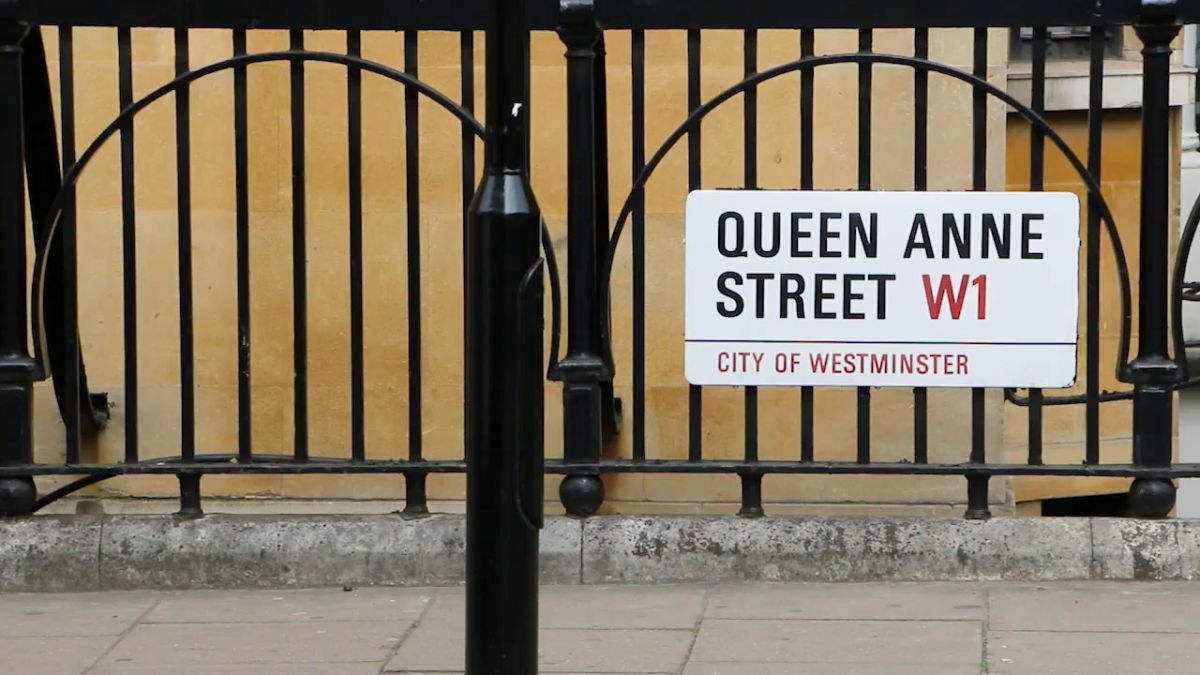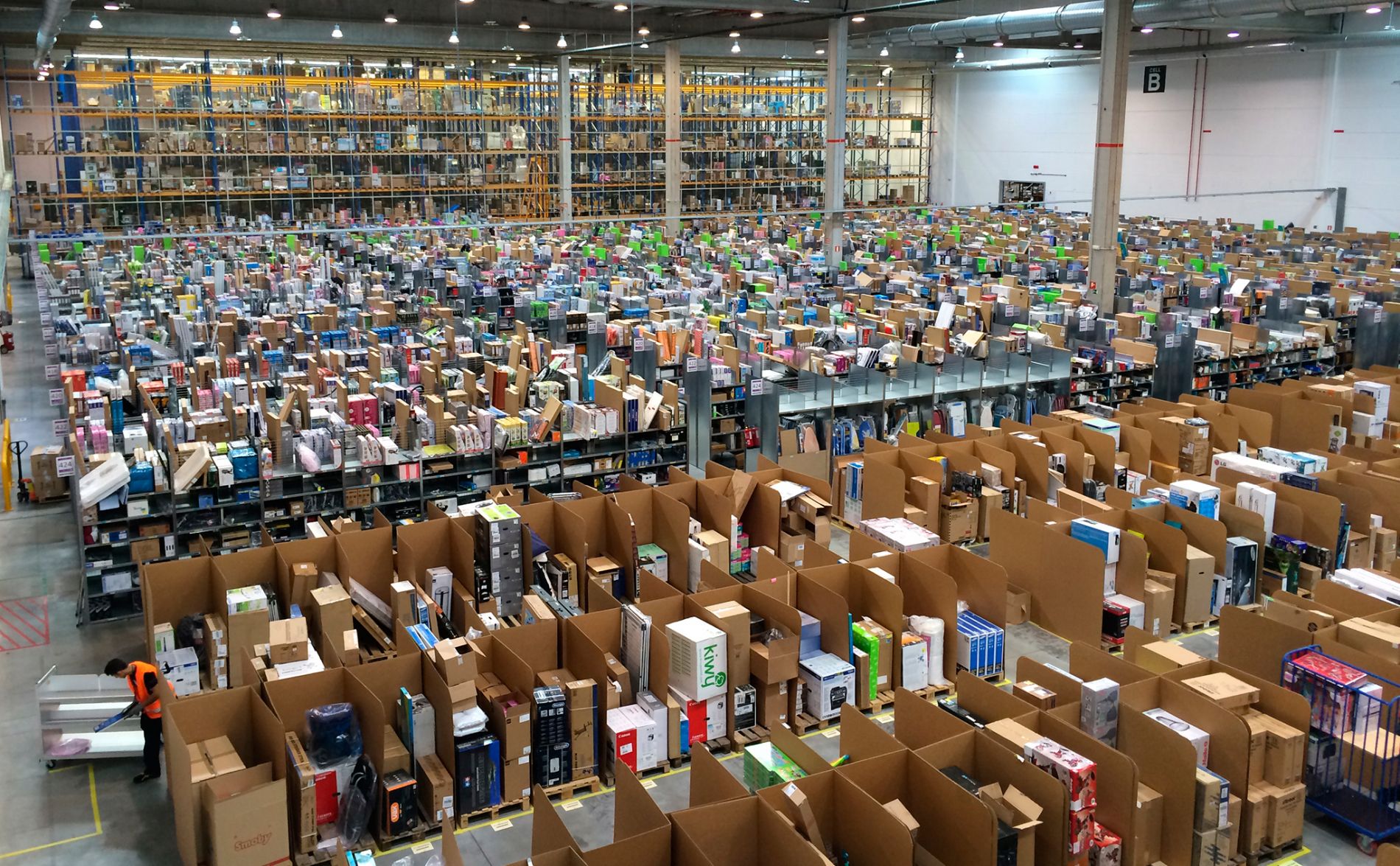The world’s largest online book retailer Amazon has walked into a minefield of criticism following its continued policy of attempted monopolisation. The E-Commerce giant been accused of trying to gain exclusive rights over its associated authors, agents and publishers to the detriment of other points of sale. Indeed critics are claiming they are now being prevented from selling some titles due to contractual wranglings by the online book provider.
The first group to take action against Amazon was America’s largest bookstore chain Barnes and Noble who announced last week they would not be stocking any books published by Amazon publishing. With 705 stores across America Amazon is likely to feel the pinch. A statement released by Jaime Carey on behalf of Barnes and Noble’s merchandising division cited Amazons exclusivity deals as the reason for the boycott. The huge book chains inability to stock certain ebooks due to contractual wranglings by Amazon was deemed to inflammatory not to declare action.
The two website giants are obvious competitors and their competing ebook readers the Amazon Kindle and the Barnes & Noble Nook mean that ebook sales have become of paramount importance to both corporations. This could well be just the beginning.
Whilst the objectivity of Barnes & Noble is hardly without question the monopolising attempts of Amazon has earned them the ire of many groups representing both authors and publishers. The opening salvo in this new web-based fiscal skirmish may have belonged to the American bookstore giants but with an inevitable snowballing motion other interests within the book market both online and offline have joined to also take action against Amazon.
One of the largest booksellers in Canada, Indigo Books joined the boycott with the Vice President of the company, Janet Eger, lambasting Amazons actions as damaging not only to booksellers but to the general public too. The issue of monopolisation and its impact on consumer choice is clearly the slant which the boycotters wish to emphasise. Indigo books 247 stores were joined shortly after in their actions by Books-A-Million.
It is not however just the largescale retailers who have endorsed the boycotting of works published by Amazon with the American Booksellers Association removing all Amazon titles from their own independent webstore, IndieCommerce.
The snowball effect is quickly creating a new battle between the online website giant of Amazon and the more traditional “bricks and mortar” institutions with whom they compete. It was only at Christmas that Amazon was offering discounts to customers who informed them of prices in high street bookstores.
The question for any member of the public has to be which side, if any, will be most adept at protecting their interests. One would tend to side against Amazon in recent history as whilst they are currently offering very good value are also attempting to construct as much of a monopoly as possible. Web history has shown, with both Ebay and Facebook for example, that once sizeable monopolies are established the service tends to degenerate for the user. Either way, the next move of Amazon will be of great interest.

